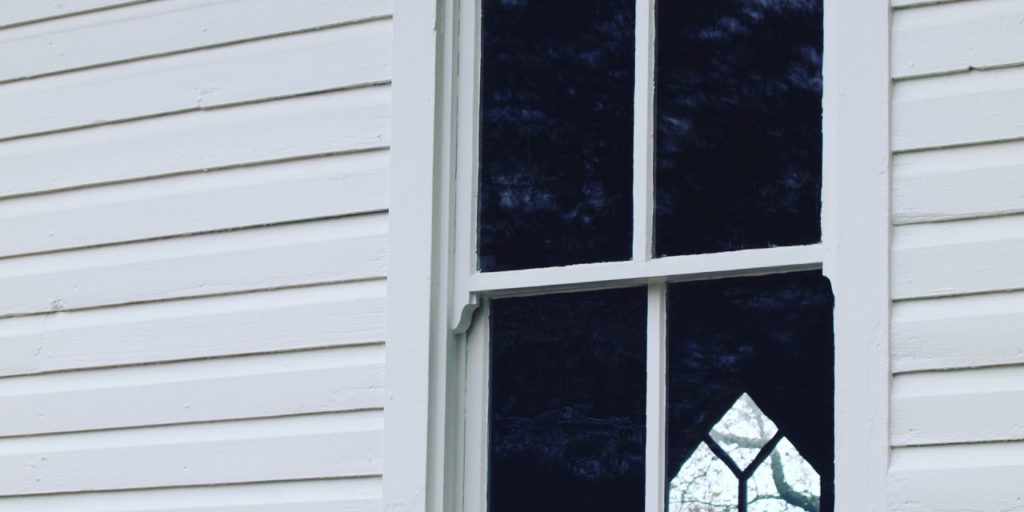
While praying at my normal time, a burden was deposited in my spirit to offer a look at the Black church. The look would include its past, its present and its projected future.
So, I was moved to ask several pastors to offer their experience with all three areas.
Hopefully in the midst of all that is going on in our church and culture today, this will in some way bring closer understanding of one another.
I’m an avid music lover, and the urgency of this literary adventure was reignited while listening to a song by Ray Charles. The song said, “Understanding is the best thing in the world.”
Growing up in a Black church, it was a place where Black Christians could be respected. People were addressed as “brothers and sisters,” no matter what you were called our how you were treated outside the church. Inside the church you were respected as somebody.
The Black community was formed around the Black church at its center, because in its past it really adopted the idea that everyone had all things in common. They exemplified the early Church that we read about in the Book of Acts.
It was the place you could release and relax after being under pressure and somewhat muted all week long. The pastor and deacons lived in the community of the church they served. Even your schoolteacher lived in the community and attended your church.
As I look back at my Black church experience, I can say without reservation it was a family that shared and cared. It was important to be in church at Sunday School, Sunday morning and evening services, Baptist Training Union, as well as Wednesday night prayer and Bible study. The Black church was the place just about everyone wanted to be.
Fast forward to today, and the Black church seems to be struggling to keep its identity. There are churches on every corner, but the attendees mostly drive in from outside the community. There are very few so designated, exclusively Black communities now, so therefore the Black church may only be labeled so because it has a Black pastor.
The old-school church did not major in politics. It rarely even mentioned world events. Today, the Black church is expected to be the tip of the political spear.
As I look at the Black church now, it’s my personal observation the Black church preacher is often expected to preach merely sermon-helps, mixed with just a little portion of “Jesus heals.” To satisfy, not to sanctify. To make the congregants comfortable, not challenged.
The distinctiveness of the Black church is being challenged from the inside because the church community has undergone such a dramatic change. The traditional Black church is still a foundation for the church today, but it is in the midst of a difficult period of rediscovering and redefining itself.
Presently, the Black church is splintered into many denominations, conventions and associations. And yet, I do believe the main thing remains: serving the Lord and His people and advancing the Gospel.
In order to look at the future, we have to consider the direction of the world around it. As in the past, society will have an effect on the role the Black church will play.
The attitudes, the thoughts and the mindsets of future communities will figure in the place and prominence the Black church will play in the future.
I truly believe we are headed to a time when there will be no more of God’s churches labeled by ethnicity. One of the main differences in all churches is the different forms of worship, but looking to the future reveals a blended worship experience that is inclusive of all people God sends into the church.
The Black church has deep social roots, but with the advent of the millennial population it will grow into the more vast idea of the universal church.
As the churched generations continue to grow and evolve so, too, will the Black church evolve to serve all people? I pray it is so. Lord Jesus, help us all!

















